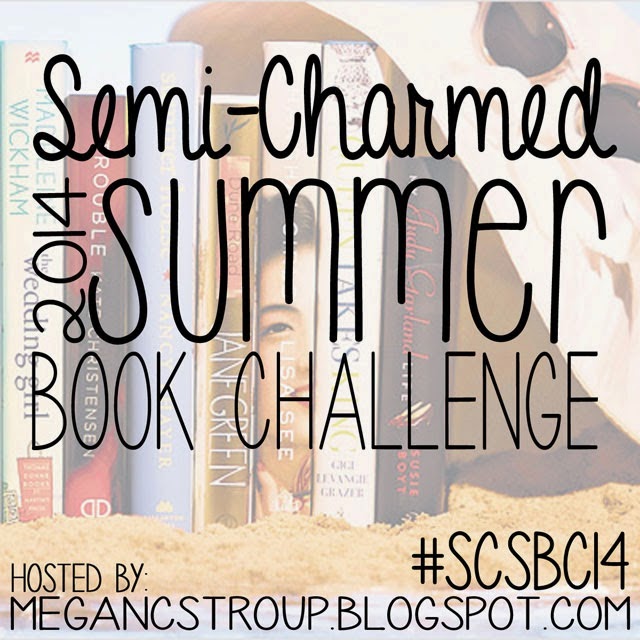I had seen several positive reviews for this novel, and thought it sounded like something I would enjoy. An author, Ruth, discovers a journal on the beach of her remote Candian island shortly after the earthquake and Fukushima power plant disaster in Japan. While her community expects to eventually find items swept away by the tsunami on their shores, it seems too soon for this piece to be one of those things.
The journal turns out to be the writings of a teenage girl in Japan. Born in Japan, Nao grew up in California until her father lost his job, and they had to return home. Except that to Nao, California is home, and Japan is a large unknown entity, where she quickly becomes the target of bullying. She is behind on school, and generally does not fit in. Her father spirals into a great depression as he has a hard time reconciling his failure and previous success. As the journal begins, it is obvious that Nao wants to end her life, but first she wants to document her buddhist great-grandmother's life, a woman she didn't know existed until they were back in Japan. Her great-grandmother is a great character, and one of the few people that Nao feels a connection to. Nao's journal never quite gets around to telling Jiko's story, but instead she provides a deep look into her life.
The novel switches back and forth between Ruth and Nao, and while I generally didn't have any issues with Ruth, I was always in a hurry to get back to Nao. However, Ruth decides to read the journal at a slow pace, basically only reading as much as she thinks Nao wrote as a time so there is lot of switching back and forth between the two characters. Ruth's sections discuss much about the impact of globalism and climate change on the environment which I actually find interesting since it's a topic that I'm drawn to/terrified by. However, there are also points where Ruth is a bit irritating and dense. For example, at one point in the story she gets mad at her husband about his reaction to something in the journal, because she completely missed a very obvious point. Ruth is a writer suffering from very bad writer's block after a successful novel, and towards the end some weird things start happening. I had one idea for why that might be, but that's definitely not where it went. Ozeki instead decided to go a bit metaphysical with her resolution. It didn't work for me at all. However, besides some weird things at the ending that I would have preferred resolved in a different way, I really enjoyed this book and read it in a day or two.
It's not perfect for me due to the ending, but there is a lot that is well done and I would definitely give it a shot. Also, the author's husband's name is actually Oliver so I felt like much of that section was probably a bit semi-autobiographical or at least inspired by their lives.
